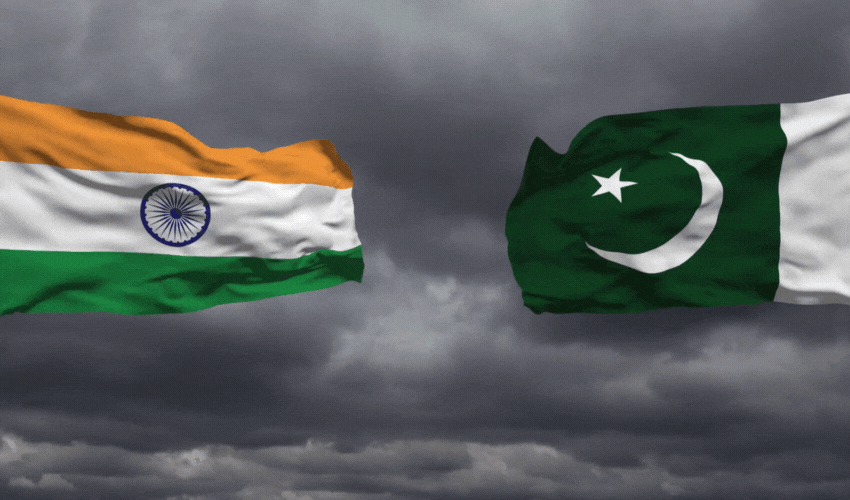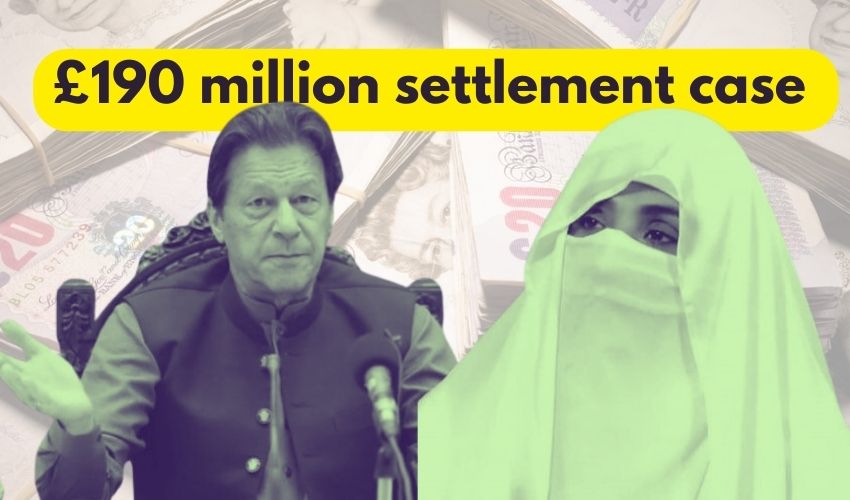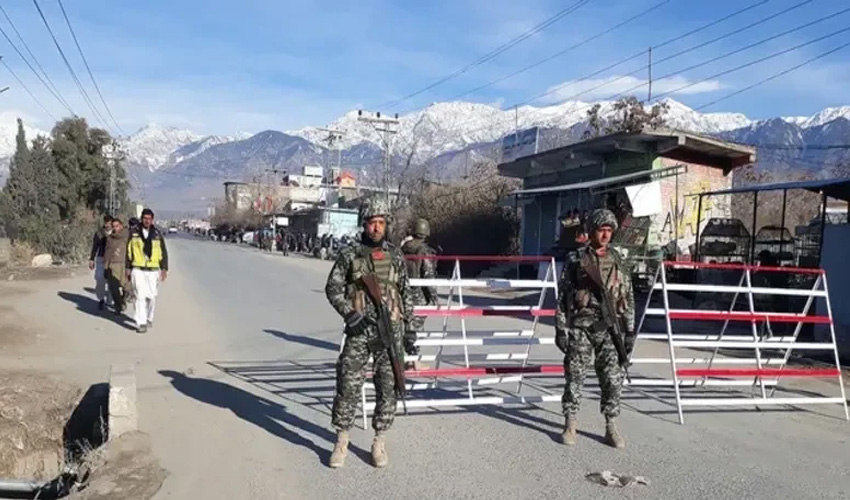The bilateral relationship between Pakistan and India has been marked by a series of intricate events in the political landscape since the partition in 1947. The dispute over Kashmir emerged right after the partition, with both nations asserting their claims over the territory.
This longstanding disagreement has remained a major point of contention, leading to three wars and several instances of armed confrontations.
In a recent comprehensive analysis of public sentiment in Pakistan regarding the country's relationship with India, it has been revealed that opinions are undergoing a transformation amidst the ongoing Kashmir dispute.
This insight into the Pakistani perspective sheds light on several critical aspects of this complex international relationship.
Kashmir Issue: Changing landscape
In addition to the evolving viewpoint on the Kashmir issue, it's worth noting that the data indicates a significant shift in public opinion regarding the perceived right over Kashmir.
In 2010, a substantial majority, comprising 71% of respondents, believed that Pakistan had more right over Kashmir than India.
However, by 2018, this sentiment had seen a notable decline, with only 58% of respondents holding this belief.
This shift in public opinion may be influenced by a variety of factors, including changing political narratives, media coverage, and international developments.
It reflects a changing landscape in how the Pakistani public views the Kashmir issue and suggests that there is a more nuanced and diverse range of opinions within Pakistan regarding the conflict and its potential resolutions. This change in perception underscores the complexity and evolving nature of the Kashmir issue and highlights the importance of ongoing dialogue and diplomacy in the region.
Terrorism: Skepticism and beliefs
The data also reveals a significant level of skepticism among Pakistanis regarding India's role in terrorism-related incidents.
A majority believes that incidents like the Samjhota Express train incident were purposefully orchestrated to deteriorate relations between the two countries, suggesting a widespread perception that India could be involved in such incidents with political motives.
Additionally, the data indicates a strong belief among Pakistanis that India is behind terrorism in Balochistan, possibly stemming from geopolitical tensions and suspicions about foreign involvement in internal security matters.
Possibility of war
The data also indicates a fluctuating perception among Pakistanis about the possibility of war with India. The responses have varied over the years, with some years seeing higher levels of concern about war.
For example, in 2008 and 2019, the data highlights increased levels of perceived risk of war. This could be attributed to specific events or tensions in those years that influenced public perception.
The fact that these percentages have fluctuated suggests that the perceived threat of war is sensitive to changing geopolitical dynamics.
Nuclear ammunition: Perceptions on precarious matter
The polling data presents shifting perceptions about the use of nuclear ammunition by India in case of war.
The responses have fluctuated over the years, indicating that public sentiment on this matter is influenced by various factors, including geopolitical tensions, international developments, and public discourse.
General perceptions: A dynamic landscape
The data highlights the Pakistani public's changing views on various aspects of India-Pakistan relations, including their perception of the seriousness of leaders in both countries to achieve peace. This shift could be influenced by changing leadership, diplomatic efforts, or instances of cooperation between the two countries.
Moreover, fluctuations in public satisfaction with the government's performance in terms of relations with India suggest that public opinion on this matter is sensitive to policy decisions, diplomatic initiatives, and cross-border events.
In summary, the analysis of this polling data underscores the dynamic and sensitive nature of India-Pakistan relations. Public perceptions are influenced by a complex interplay of factors, including historical events, political narratives, media coverage, and international dynamics. The data also highlights the importance of effective communication, diplomacy, and conflict resolution efforts to manage public perceptions and build stable relations between the two countries.
As global observers keep a watchful eye on this evolving situation, it is clear that the shifting sentiments of the Pakistani public will continue to play a significant role in shaping the future of India-Pakistan relations.



























